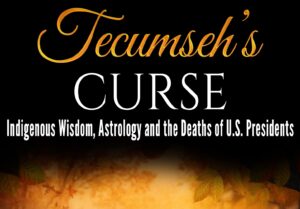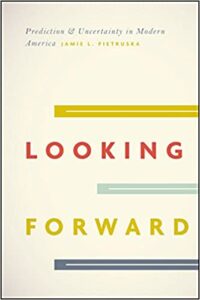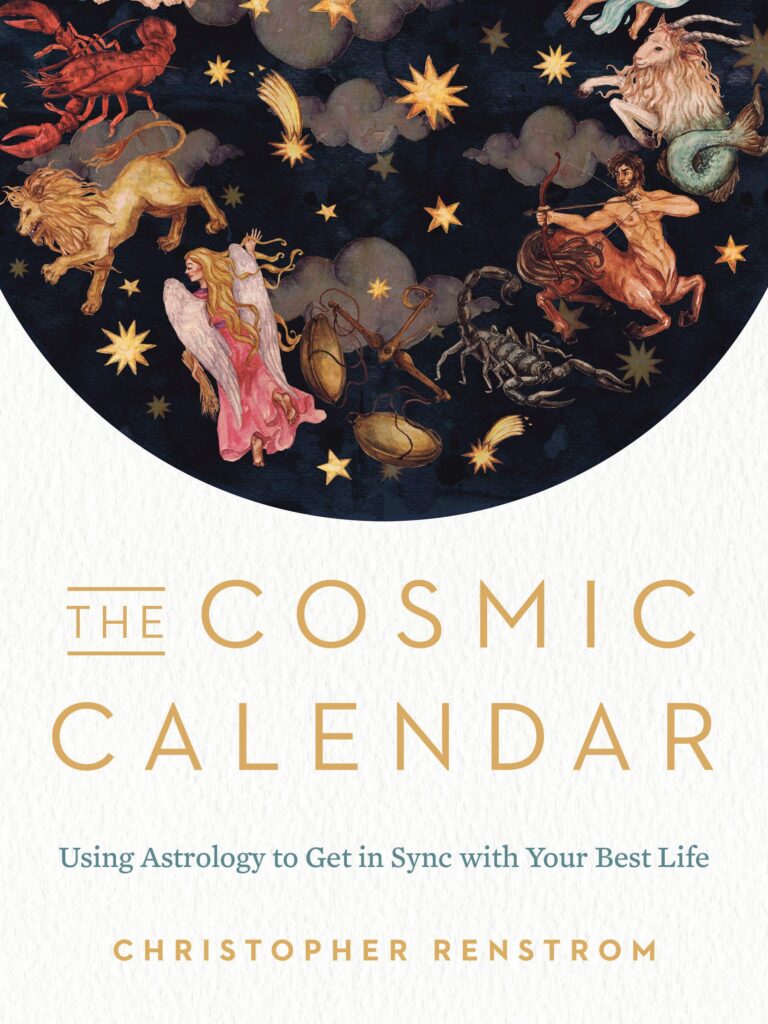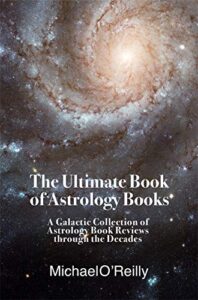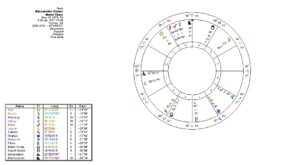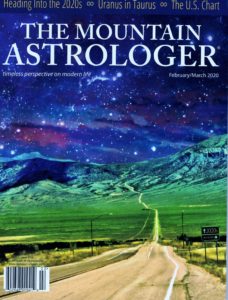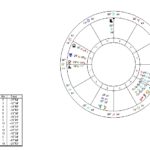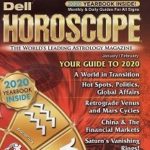Since the Enlightenment, the word medieval has had negative connotations, as does the even more derogatory phrase Dark Ages. Seb Falk dispels this negativity with a deep look at the life of John Westwyk, a medieval scholar, monk, astronomer, astrologer and author. Westwyk’s anonymous text sparks our journey into this fascinating period of time in The Light Ages.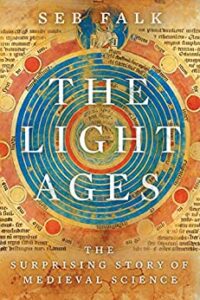
Medieval philosophy and religion went hand-in-hand with earthly research, since belief provoked an exploration of the natural world. The planets and cosmos were an awe-inspiring expression of God’s grandeur. Long before the word science existed, this time gave us important investigations into our relationship with the Universe. Vast translation efforts of Islamic, Greek and Hebrew texts resurrected understanding in the west, part of which was our astrological tradition.
Hindu-Arabic numerals were introduced in this period, as were glass lenses and the university system of liberal arts education. Books had great value; studious monks would share their thoughts on manuscript margins and worked hard to transcribe and improve on notable works.
The later Middle Ages gave us mechanical clocks, including one of the most advanced at John Westwyk’s own abbey, a remarkable invention reminiscent of the Greek antikythera mechanism. The medieval history of calculating and calendrics is equally absorbing (quite different from our own) and remnants of them still exist. The astrolabe and similar mechanical instruments were developed in part to aid astrologers’ calculations. The stars were used to time prayers after dark, and the poet Chaucer actually wrote a well-known treatise on the astrolabe. Falk conveys the dedication and care necessary to create astrological tables before the age of printing, as Westwyk did in a remote outpost in northern England.
There’s a nice overview of astrology, unusually accurate for a non-practitioner. Sketches of Ptolemy, Plato, al-Kindi, Mash’allah, Abu Mashar, Regiomontanus and many other familiar names show how Greek and Islamic astronomers eventually paved the way for Copernicus’ heliocentric view.
The Light Ages is a rich feast of history, science and culture. While the non-mechanically or mathematically inclined may find some parts dense or a bit dry, those interested in the history of ideas, medieval astrology, ancient instruments or simply a more holistic world view are sure to find something to surprise and delight them. Seb Falk has gifted us with a top-notch piece of research that brings an oft-dismissed period of time to vibrant life: comfort food for the mind and spirit in a time of uncertainty.
More on The Light Ages at Amazon.
Read about my Amazon links here.

